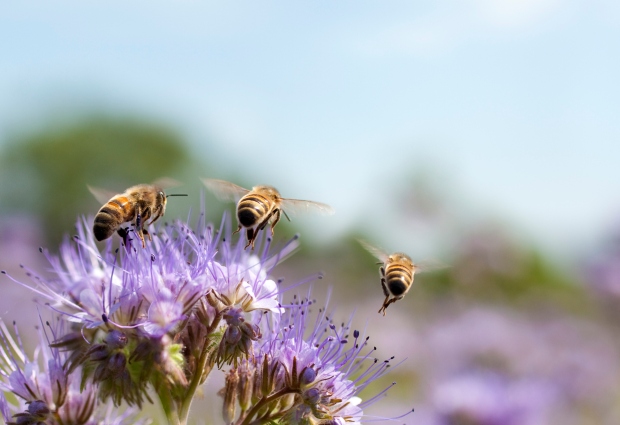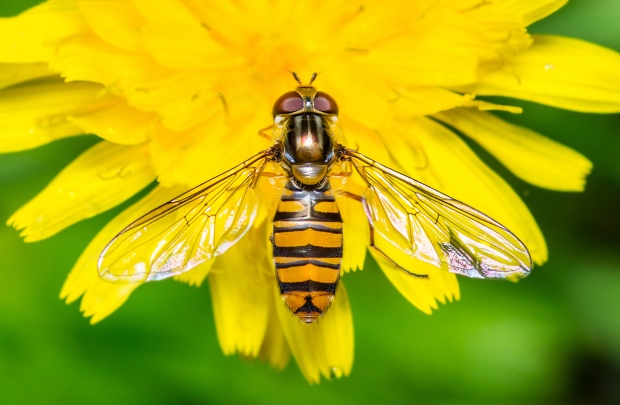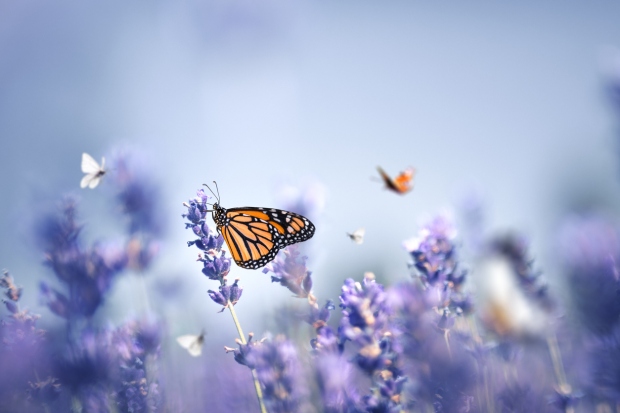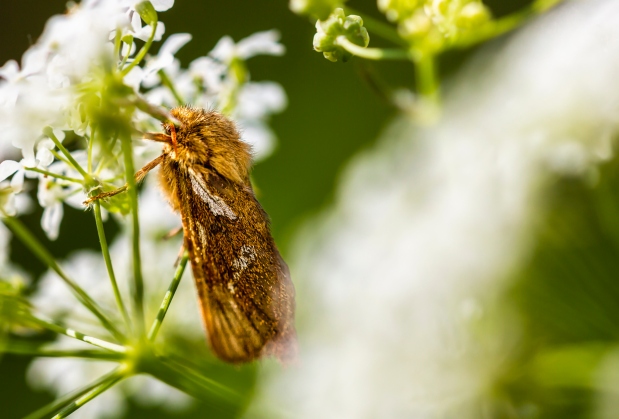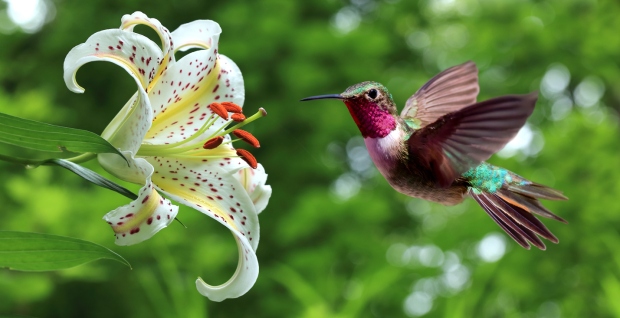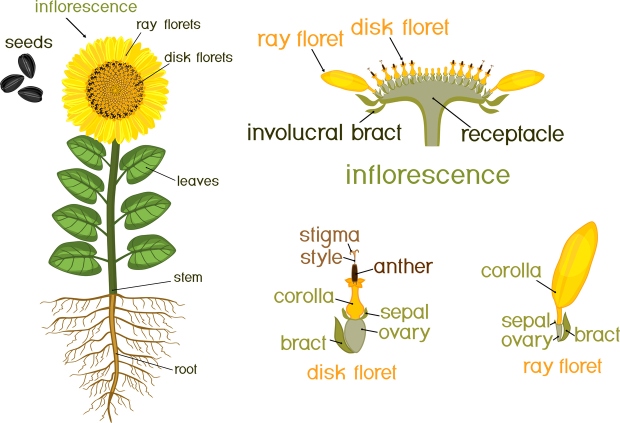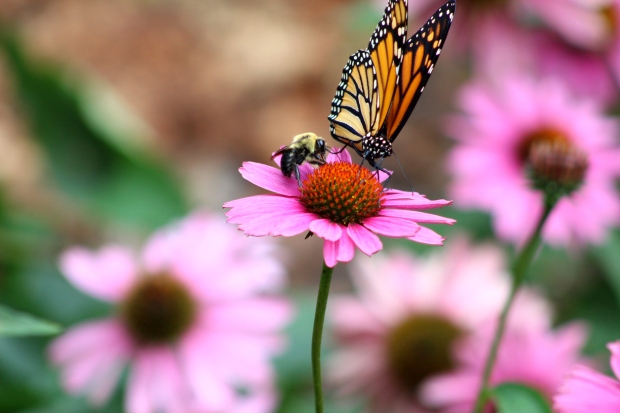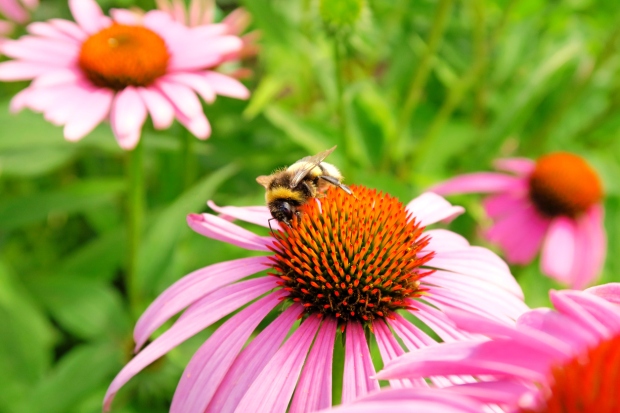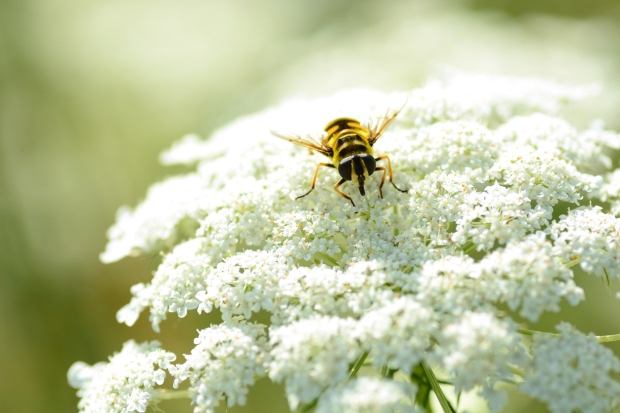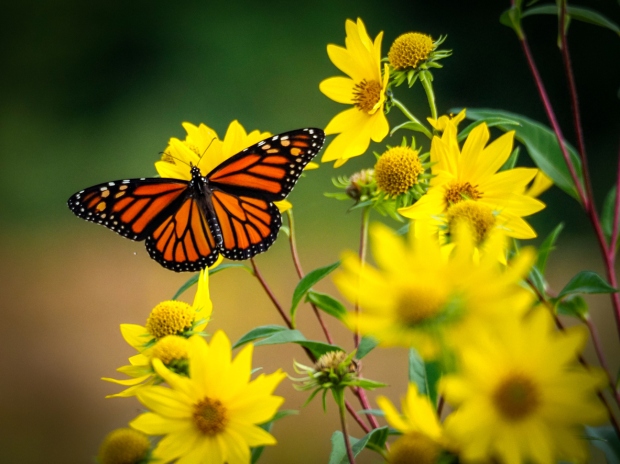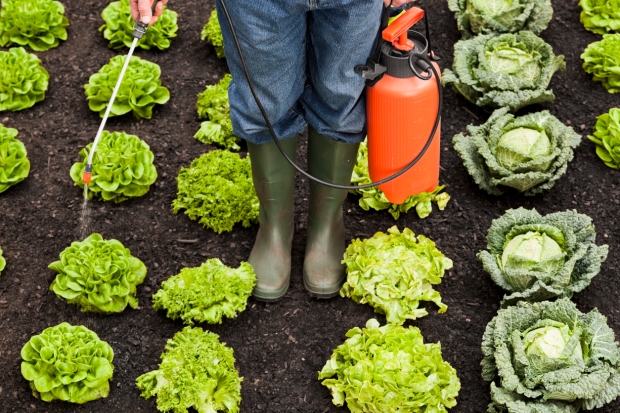Did you know that without pollinators in your garden, many of the vegetables that you grow would not produce fruit or seeds that you can save and use for the next crop? This is because pollinators, such as bees, help to fertilize the flowers that will eventually produce the fruit.
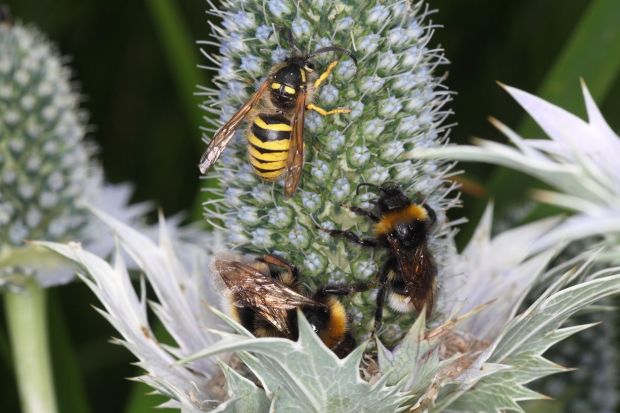
We grow a large variety of vegetables in our home gardens that actually produce fruit that we can consume. These include tomatoes, eggplants, zucchinis or summer squash, cucumbers, sweet corn, peppers, pumpkins, peas and beans. Many fruits such as apples, pears, peaches and melons also require pollination.
In fact, there are many fruit trees that need to be pollinated by a different variety of the same fruit. For example, apples and avocados need to be cross-pollinated from flowers of a tree that produces a different variety of the same fruit.
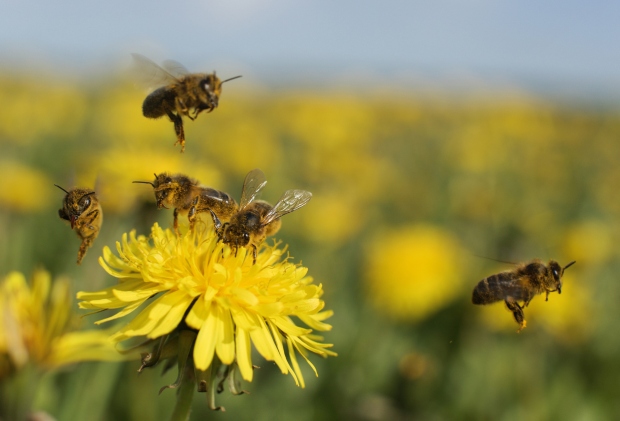
But, for these plants to produce fruit, the flowers have to be fertilized. This involves transferring pollen from one flower to another. Or, it can mean just the transfer of pollen from the anthers to the stigma on the same flower. Each grain of pollen will produce a fine tendril that will grow down the style and into the ovary of the flower. This is where fertilization then occurs.
Therefore, without pollination, most fruit producing plants cannot be fertilized and, hence, they won’t produce any fruit.
